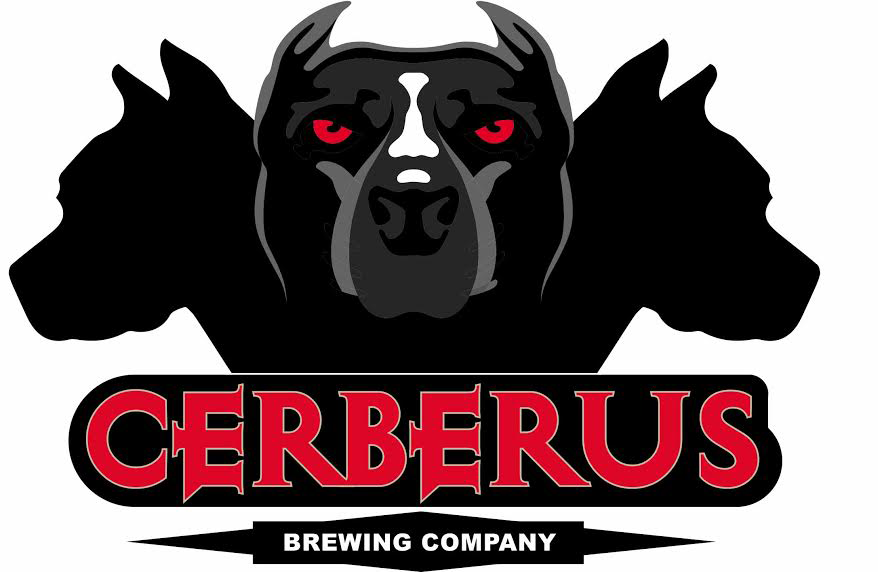A few days ago, I stood outside a popular westside restaurant with around 20 other people, each person ticked off a sign-in sheet as they arrived. A metal clipboard full of stringent appearance-release forms was being passed around and beer orders were taken by frazzled staff, who occasionally had to turn away unaware lunch-seekers. The restaurant was closed today, because it was time to film an episode of Diners, Drive-Ins and Dives and after an hour of sitting hungry in the heat, we were impatient and bored and had just been told something that included the phrase “if you get food.”
It had been rumored for days that host and Food Network star Guy Fieri was in town, and soon pictures of his red Camaro spread across social media. Fieri’s a polarizing dude — he of the spiky bleached hair, merchandisable attitude and gaping wound courtesy of a 2012 New York Times review of his restaurant — but you can’t argue with his outsized role in popular food culture.
And the appearance release is certainly thorough. Denver-based Citizen Pictures, LLC, which makes the show, says it “shall have the irrevocable right to use, and license others to use, the Content … in all media whether now known or hereafter devised, anywhere in the Universe in connection with all forms of exploitation …”
Framing its authority under the laws of Knox County, Tenn., it makes you promise that you didn’t receive any gifts to appear on the show, among many other provisions, and that “neither I nor my representatives shall issue any press releases or public statements about this Personal Release, the Program and/or Producer without Producer’s prior written permission.”
Of course, this reporter did not sign the release. So here’s what happened.
First, we were all told by producers — there were at least three, one who looked almost exactly like Charlie Day — that we should only say positive things about the food when interviewed, and that we should avoid describing it as “good” and instead say why it was good. Also, don’t talk to each other, don’t make noise, don’t eat loudly, don’t look at the cameras and has everybody signed a release?
“So, if I can get everybody’s attention real quick,” one crew member began after filming started. “Obviously we’re doing a TV show, and we can’t have you watching us or doing anything that makes it look like you’re watching us. So please just pay attention to yourselves, like you’re waiting for seating, and we’ll be inside shortly, OK?”
Behind us, Fieri was doing his opening spiel in the street, each of the seven or eight takes punctuated by the closing of his Camaro door. He then walked to the restaurant entrance, thanked us for being there, and we were broken into groups by the producers. They needed a select few to speak on-camera about the two specific entrées, and somewhat randomly grabbed one waitress, who was told not to say she worked there, and combined her with a second unrelated woman into an instant couple. (Reality television: So authentic.)
Four of us were then hurried into the restaurant. The dining room tables were being strategically populated, with lights and boom mics filling the spaces in between. We were led through to the bar area, where I was seated next to the new female couple.
Soon after, Fieri made his appearance in the dining room behind us, sitting down with one pair of designated eaters and joking how he had been warned about one of them. They bantered about where she was from, and he dropped non sequiturs about their food. He seemed to be trying: Trying to be friendly, trying to put people at ease, trying to speak clearly, trying to get out of there quickly and trying to live up to the billing that’s seen his name in lights since he won The Next Food Network Star in 2006.
I liked him. I’m not sure if he agrees his schtick is clownish and vaguely condescending, but I liked him.
Seated at the edge of the bar, I wasn’t even supposed to speak on camera. But he ended up turning to me after interviewing the “couple” and I found myself scrambling to explain why the food on my plate was TV-riffic. (And it was. Great restaurant.) I found myself launching into an instantly made-up version of an authoritative voice and somehow reeled off a clean take on the food.
He then came back to me for a second line, a few minutes later, and I managed under pressure to say something that made him laugh, a phrase he repeated a few times. He laughed and the room laughed and it felt good.
It felt good to say something that stuck in Fieri’s mind, and I was sort of absurdly proud of my contribution to Triple-D, as the show is known. The whole thing wrapped up a few minutes later, the cameras pausing for some footage of close-up eating, and we were kicked out of the restaurant. But I was once again made better for experiencing that eternal truism — that almost all people, almost everywhere are complex and relatable in some way — and I got a free plate of food to boot.
Now I just hope I don’t get sued.
[Image: Bryce Crawford]






